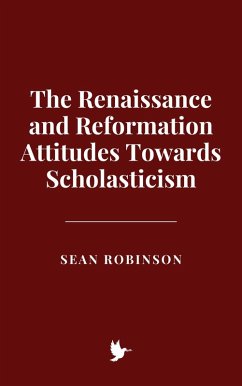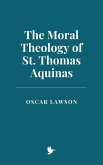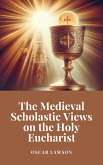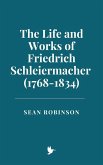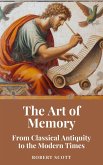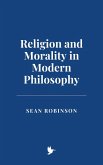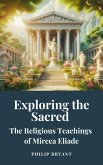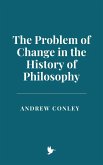Tracing Scholasticism from its medieval foundations to its decline and modern revival, the book highlights key figures such as Thomas Aquinas, Francisco de Vitoria, and René Descartes, and examines seminal texts like Summa Theologica, Institutes of the Christian Religion, and Disputationes Metaphysicae. It investigates the geographic and institutional contexts where Scholasticism thrived, from the universities of Paris, Padua, and Salamanca to Jesuit colleges and Protestant seminaries. The book also addresses the broader cultural implications of Scholastic debates on law, ethics, education, and the natural sciences.
A recurring theme is the tension and synergy between Scholasticism and Renaissance humanism, as thinkers navigated the demands of tradition and innovation. By engaging deeply with primary sources, this study reveals how Scholastic methods shaped the intellectual foundations of early modern Europe and influenced subsequent developments in philosophy and theology.
This work concludes by assessing Scholasticism's legacy in modern intellectual life, particularly its revival in the 19th and 20th centuries through Neo-Thomism and its ongoing relevance in addressing contemporary questions of metaphysics, ethics, and the relationship between faith and reason. The book offers a comprehensive and nuanced account of Scholasticism's enduring impact, bridging the medieval and modern worlds in the history of ideas.
Dieser Download kann aus rechtlichen Gründen nur mit Rechnungsadresse in A, B, CY, CZ, D, DK, EW, E, FIN, F, GR, H, IRL, I, LT, L, LR, M, NL, PL, P, R, S, SLO, SK ausgeliefert werden.

